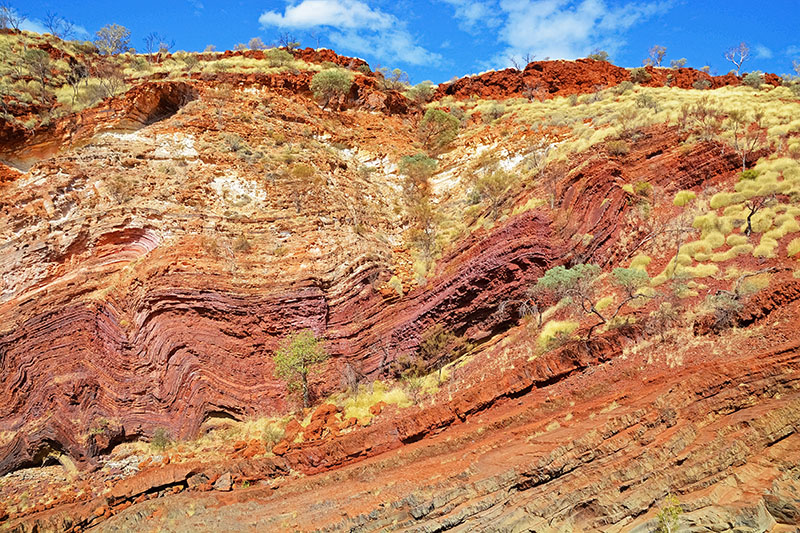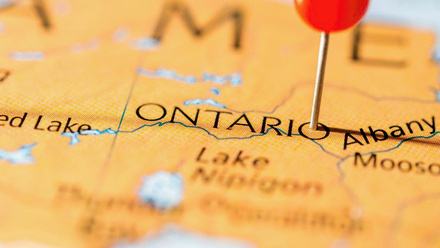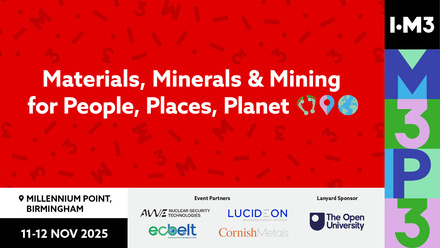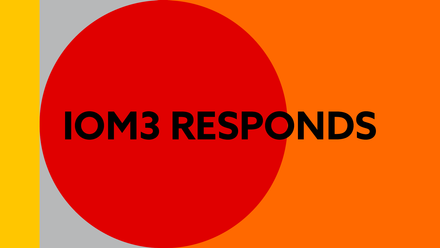‘Significant opportunity’ for engineering geologists to increase influence on global sustainable development, study finds
Research shows strong link between geologist's work and UN’s sustainable development strategy.

A new study shows engineering geologists can play a key role in meeting the UN’s Sustainable Development Goals (SDGs).
The research, put together by ARUP and the British Geological Survey (BGS), maps all 169 SDG targets and related indicators against typical engineering geology knowledge, skills and activities. It concluded that engineering geology knowledge, skills and activities can be linked (directly or indirectly) to 107 of the 169 targets.
The study shows that engineering geology makes the strongest overall contribution to five of the 17 SDGs:
- SDG 7 (affordable and clean energy): linked to 100 per cent of targets
- SDG 9 (industry, innovation and infrastructure): linked to 88 per cent of targets
- SDG 12 (responsible consumption and production): linked to 82 per cent of targets
- SDG 11 (sustainable cities and communities): linked to 80 per cent of targets
- SDG 13 (climate action): linked to 80 per cent of targets
The study’s conclusion was welcomed by Marcus Dobbs, engineering geologist at BGS. 'We hope these findings will enable and empower engineering geologists globally to better communicate the value of their contribution to society, the environment and the economy and identify opportunities to increase that impact.'







